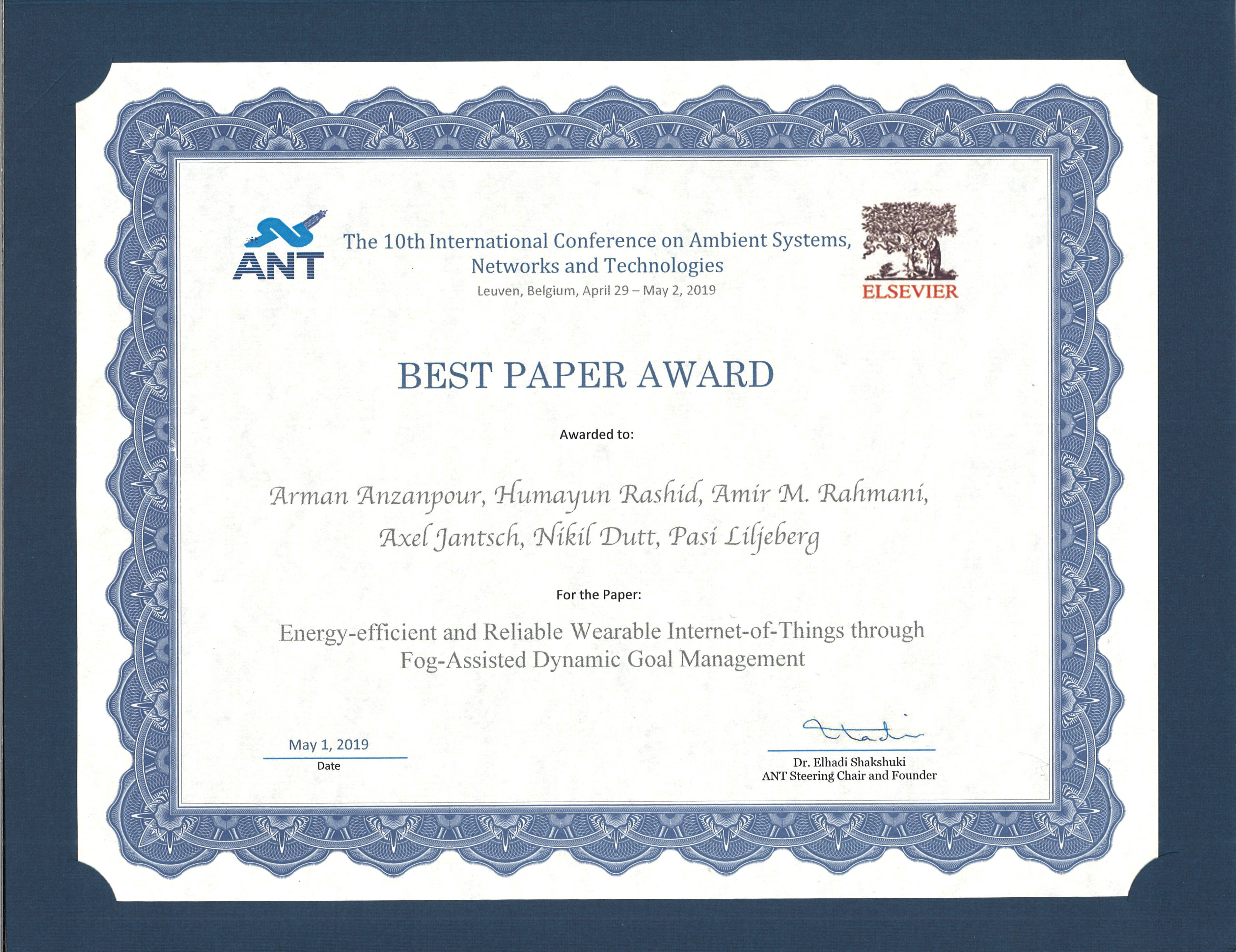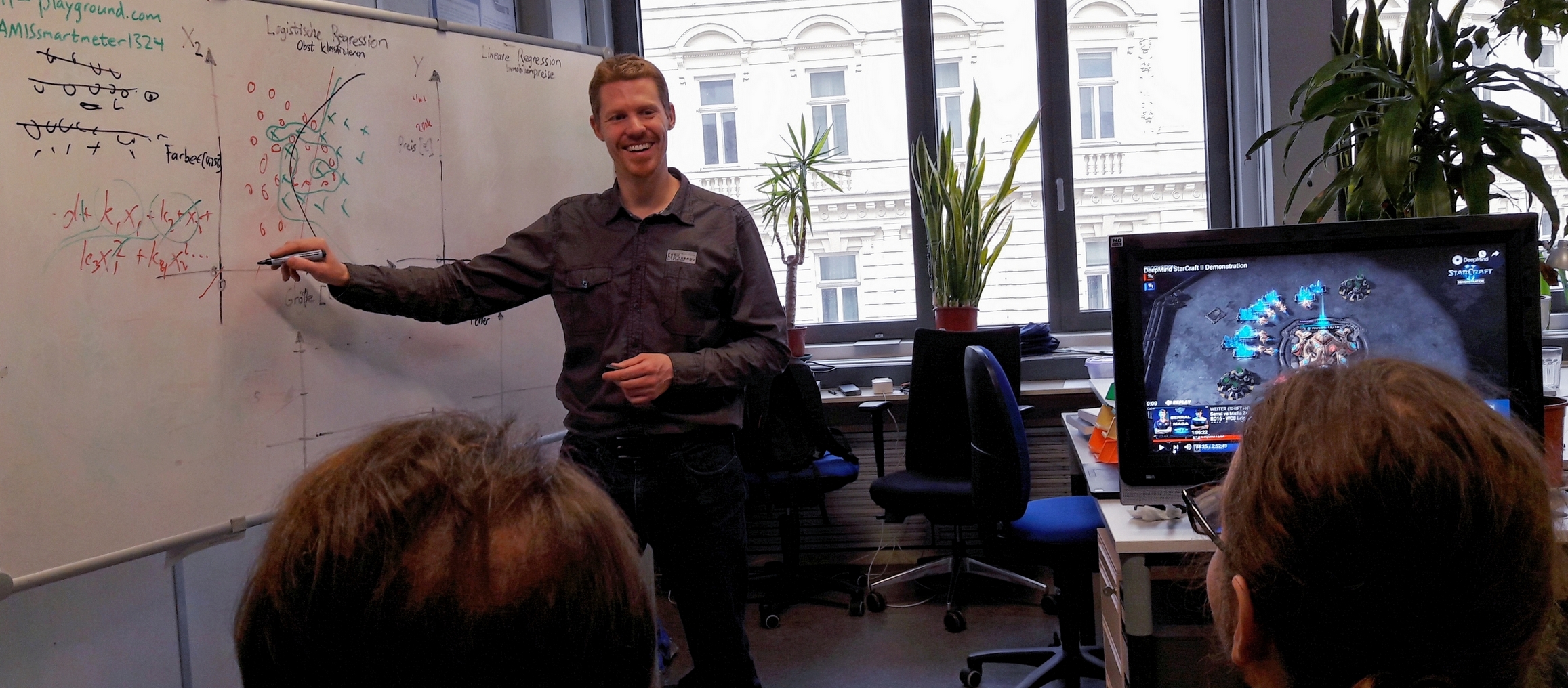On March 2nd 2020, the Christian Doppler Laboratory for Embedded Machine Learning will be officially opened. The research topic is machine learning in embedded hardware with limited resources. Especially deep learning in object recognition will be emphasized. Possible applications of the research are self-driving cars, pedestrian detection and airplane tracking.
We look for students at Bachelor, Master and PhD level!
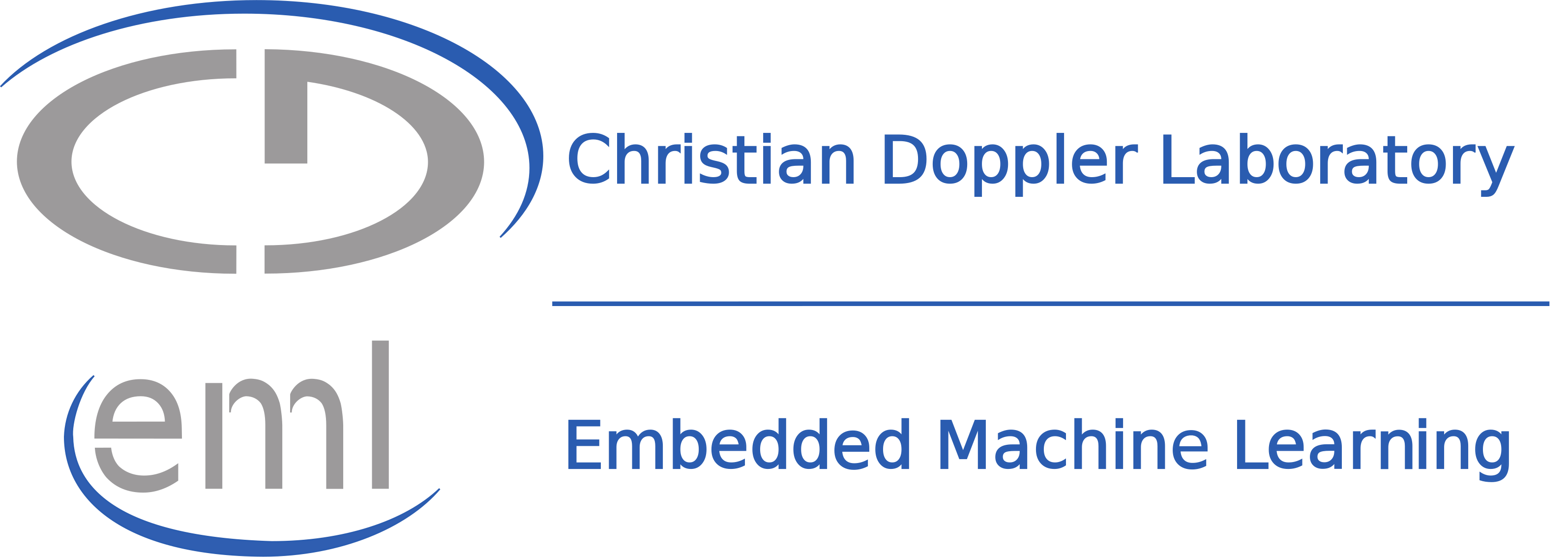
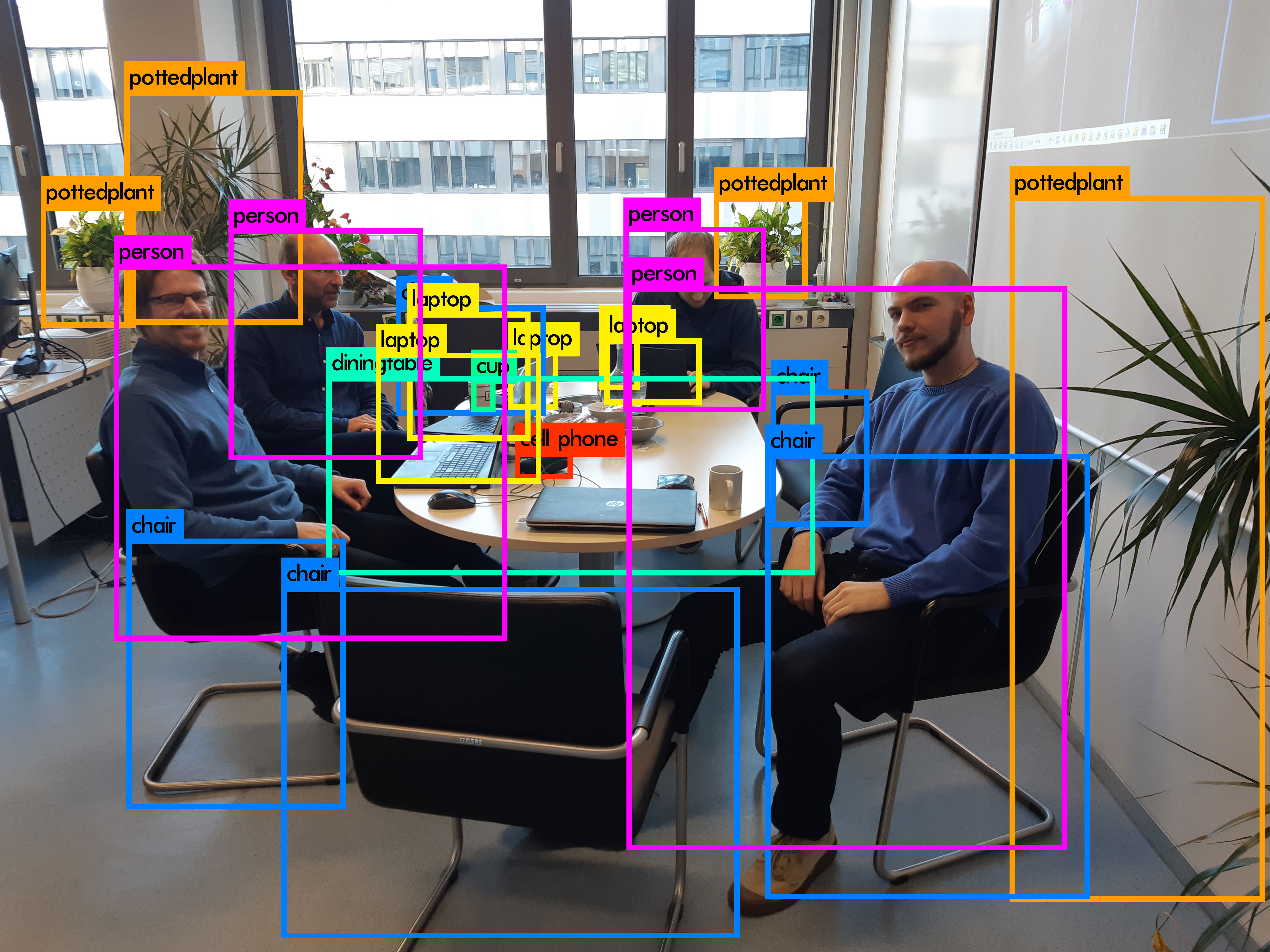

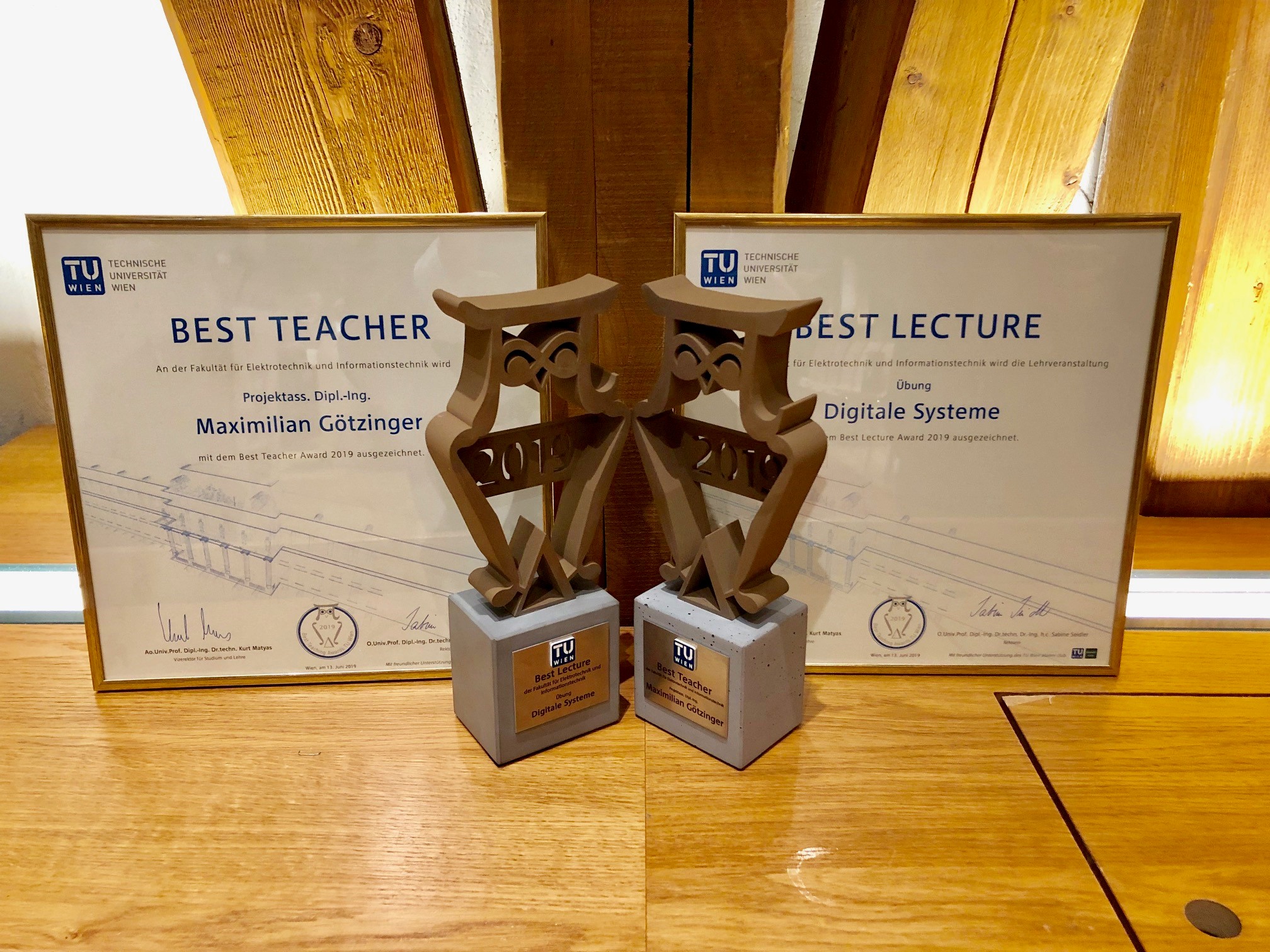
 Das ICT ist stolz, dass es erneut in beiden Kategorien (Best Lecture und Best Teacher) für die Best Teaching Awards 2019 nominiert wurde. Wir erwarten mit Spannung die Preisverleihung am 13. Juni und drücken unseren Nominierten die Daumen!
Das ICT ist stolz, dass es erneut in beiden Kategorien (Best Lecture und Best Teacher) für die Best Teaching Awards 2019 nominiert wurde. Wir erwarten mit Spannung die Preisverleihung am 13. Juni und drücken unseren Nominierten die Daumen!
